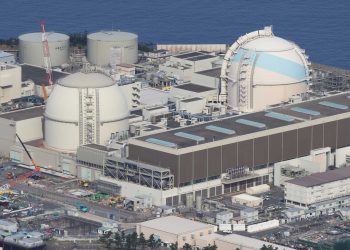, The Prime Minister has today, 4 December 2006, signalled the Government's intention to maintain Britain's nuclear deterrent beyond the 2020s.
The Government's proposals for maintaining the deterrent have been published today in a white paper. They will receive a vote in Parliament in the early part of next year.
An exhaustive review of possible future nuclear threats and deterrent options has shown that renewing the Trident system, by replacing the existing submarines and extending the life of the Trident missiles, is the best and most cost-effective way to maintain our ability to deter future nuclear threats to the UK.
The Secretary of State for Defence, Des Browne said:
“It is the job of Government to strike a balance between working towards a safer world, and protecting the security of the UK and its citizens, both now and in the future. The UK's security situation has changed since the end of the Cold War, but while the threat has changed, it has not gone away.
“The number of countries equipped with nuclear weapons has continued to grow. We cannot rule out the possibility that at some point in the next fifty years Britain could face a new nuclear threat. To decide now to run down our deterrent would be taking a huge gamble with Britain's future security. A gamble I am not prepared to take.”
As part of the Government's ongoing commitment to working towards disarmament, the Prime Minister also announced a further 20 per cent reduction in the number of nuclear warheads. We have already reduced our operationally available stockpile to less than 200 and today's decision will see that number reduced to less than 160.
The procurement costs of renewing the Trident system will average around
Russian defence ministry says held fresh nuclear drills
Russia said Tuesday its army held fresh nuclear drills under the supervision of President Vladimir Putin, who recently called for...









